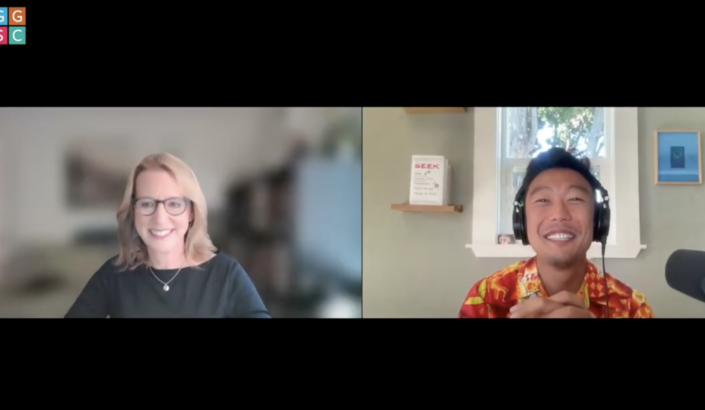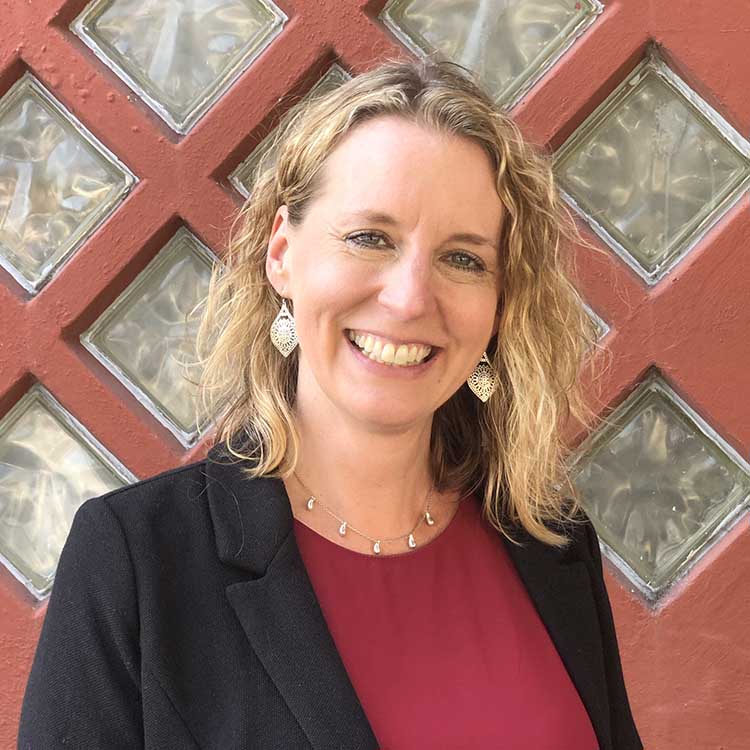This meeting was the first of a four-part series, How to Improve Relationships in Schools: Bridging Differences through Curiosity, Empathy, Humility, and Forgiveness. In these virtual workshops with guest experts and leading researchers, educators learned about the science of curiosity, empathy, humility, and forgiveness, and how to build the key capacities to promote care, connection, and understanding in our schools. Below are some additional resources to explore.
In this community meeting, we discovered how practicing “deep curiosity” can help us bridge differences and connect with others, including those who may be different from us. Hosted by Amy L. Eva, Ph.D., Associate Education Director at the Greater Good Science Center. Joined by special guest Scott Shigeoka, creative consultant, speaker, and the author of SEEK: How Curiosity Can Transform Your Life and Change the World.
Watch a Clip
Related Resources
How strong is your curiosity today? To find out—and discover ways you can strengthen it like a muscle—take this quiz curated by Scott Shigeoka, the author of SEEK: How Curiosity Can Transform Your Life and Change the World, with support from Meg Rice and the Greater Good Science Center team.
Happiness Break: A Meditation for Connecting in Polarized Times, with Scott Shigeoka
Having a curious approach to life can improve our mood, creativity and relationships. Scott Shigeoka leads a visualization exercise to help you approach someone you might disagree with with an open and curious mind.
How Curiosity Can Help Us To Overcome Disconnection
Here are four steps to practicing deep curiosity about the perspectives, stories, and humanity of others.
“When we use curiosity as a practice of connection instead of only as an intellectual exercise, the goal isn’t to know but rather to understand.”
—Scott Shigeoka




